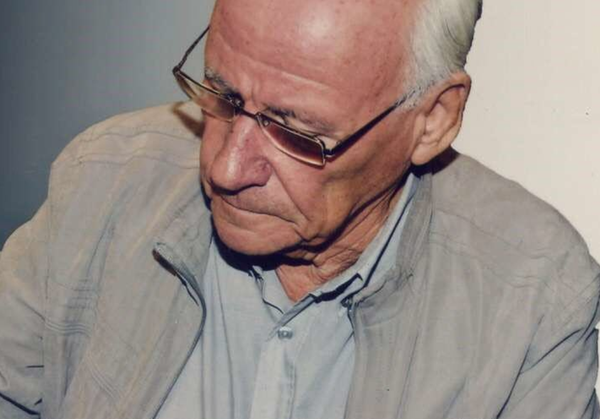“Music is in our blood and we sing tunes of the soil for the almighty,” said Anwar Khan Manganiyar as he made the audience swoon to a traditional composition in raga Khamaj. With the waxing moon playing hide and seek on the ramparts of Mehrangarh Fort in Jodhpur, the Padma Shri took the discerning on a trip into the undulating dunes.
The 15th-century fort is back to its majestic best as Jodhpur RIFF (Rajasthan International Folk Festival) returned to the Blue City to wipe off the COVID blues, with the five-day festival of roots music.
A celebration of India’s musical heritage, the not-for-profit festival facilitates the continuing of the legacy of traditional music of Rajasthan “by training musicians, creating new sounds and developing artists and their repertoire through innovative collaborations and presentations,” said Divya Bhatia, Festival Director. During the pandemic, he said, the Mehrangarh Museum Trust helped in providing food, medical aid, and, in some cases, financial support to artists.
In its 13th edition, over 250 artists from seven Indian States and eight different countries are participating in the genre-independent festival.
Popular Brazilian DJ Maga Bo, who collaborated with Rajasthani artists by ornating traditional Rajasthani songs with reggae beats said folk music was a form of cultural resistance and should be preserved from capitalist forces. “Unlike classic music, in folk, notations are not bound by rigid structures as they are orally passed on from one generation to another. It is a manifestation of energy that could be sensed across the world. The vibe that I get while playing at the Mehrangarh Fort is unparalleled and the strains of local music remind me of my Brazilian roots,” the ethnomusicologist, who keeps searching for new sounds and their contexts, told The Hindu.
“ Kalakar jeevit hai toh kala jeevit hai (Art is alive because of the artist). During the pandemic it was our local yajmans (hosts/ patrons) who helped us survive,” said Mr. Khan, keen on more festivals like RIFF to keep the folk arts in business. While he swears by purani cheez (traditional content), his contemporary Manganiyar Padma Shri Lakha Khan believed in adapting according to the audience. “We sing according to the programme and the audience and switch from local Rajasthani dialects to Hindi, Punjabi and Brijbhasha.”
“When they perform for foreign tourists, content becomes secondary as the focus is on the sound of instruments. This leads to dilution of the oral tradition that they have imbibed from their forefathers,” cautioned Kuldeep Kothari, secretary of Rupayan Sansthan, founded by legendary ethnomusicologist Komal Kothari to document Rajasthan’s rich folklore, arts and music. “Even traditional instruments like kamaicha are becoming endangered and are being replaced by the ubiquitous harmonium. It can’t match the high octaves that kamaicha can reach but there is hardly any audience left to point out the difference,” he lamented.
Be it a wedding or childbirth, Mr. Kothari said, no social function was complete without Langas and Manganiyars singing in it. “It is the local patronage that kept them wedded to traditional music. As both Langas and Mangniyars are Muslims, their performances contribute to keeping the secular fabric of the villages intact. But as the patronage is shrinking and the Bollywood influence is reaching villages, change in their traditional repertoire is unavoidable.”
While Langas mostly have Sindhi Muslim patrons, Manganiyars mostly perform for Hindu clients and invoke Hindu gods and goddesses in their performances. “Only 2-3% of Langas and Manganiyars reach big platforms like the RIFF but one Mame Khan keeps 1,000 others invested in their music,” added Mr. Kothari, who runs a school of children of the communities to learn their traditional compositions from the rich archives of his father.
The festival has a dedicated section for female folk singers where the likes of Mohini Devi from the Kalbeliya tradition and maand exponent Sauraiya ji performed.
Mr. Bhatia said the music Jodhpur RIFF promotes and helps produce is a living heritage. “In certain cases, the artists evolve and adapt roots music and lyrics to contemporary times. A case in point is SAZ, a brilliant trio of Rajasthani musicians encouraged and supported by us.”







